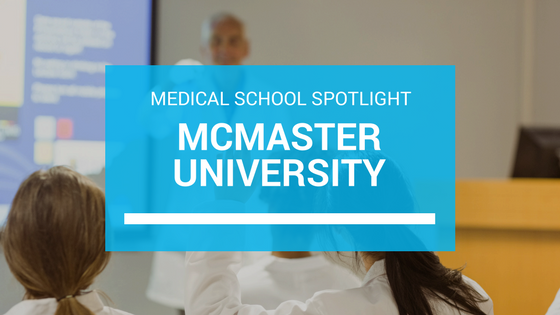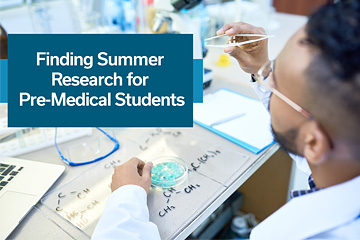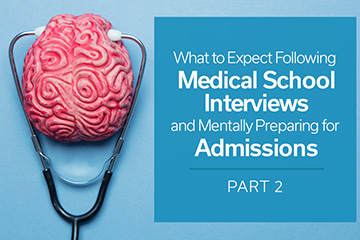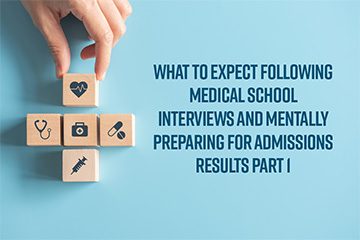
Medical School Spotlight: McMaster University
What is a typical week for a McMaster medical student?
Monday morning consists of around three hours of lecture on the medical foundation we are studying. The afternoon could include a three hour small group tutorial, during which a group of seven or eight students will work through clinical cases and review any associated content with the help of a tutor.
Tuesday morning starts with one hour of professional competencies lecture. These sessions explore the complexities of being a medical practitioner which include social determinants of health, the legal structures within which physicians operate, and the fundamentals of evidence based medicine. This is followed by a two hour small group session discussing the content covered in the large group session, and often working through case studies as a group.
Wednesdays will typically include a three hour anatomy session in the afternoon and a three hour clinical skills small group session with resident physicians in the evening either in the classroom or in hospital.
Thursdays will include another three hour small group tutorial, equivalent to the session on Monday but with different cases.
Friday mornings will consist of another three hours of lecture to cap off the week.
Depending on the timing of tutorials and clinical skills sessions, many students will also find time to do horizontal electives which are one day clinical observerships in the specialties of their choosing.
Why should I pick McMaster over other medical schools?
McMaster has a unique program that attracted me from the start. It is a three-year program as opposed to the traditional four-year program, which is ideal for someone who is keen to start getting clinical exposure from the get-go. I was in clinical settings within the first few weeks of starting the program which I really valued and this allowed me start applying concepts as I learned them in the classroom.
McMaster also truly embraces the problem-based learning (PBL) model and acts as an example for other schools that are beginning to adopt this approach. PBL gets thrown around a lot as a buzzword but it entails learning by using a problem as context to identify gaps in knowledge, areas of interest, and sources of information to supplement learning. This is often done using patient-based cases, both self-directed and small group learning, as well as facilitation by faculty members. The self-directed nature of the program reflects the process that physicians use throughout their careers as their respective fields continuously develop. The ever-changing nature of medicine requires physicians to have the skill set to learn effectively on their own and McMaster trains students to develop these skills from the get go.
Finally, McMaster is the home of Evidence Based Medicine (EBM). With continuous development and innovation in medicine, the ability to interpret the growing body of knowledge is paramount. The faculty and curriculum place a significant emphasis on EBM which prepares students to critically appraise literature and apply evidence in clinical practice. Beyond the curriculum, extra-curricular research is a priority at McMaster. Research has played a significant role during my undergraduate career thus far and I plan to incorporate academia in my professional career as well. The supports that exist for medical students to be involved in research through the program provide opportunities for students regardless of prior research experience.
How can you make your application stand out for this medical school?
All medical schools value your grades, your reference letters, and in most cases, your MCAT score and CASPer results. Beyond this however, McMaster is truly looking to get to know you. Show the admissions committee that you have multiple dimensions and that you have interests beyond medicine. McMaster works very hard to create a diverse class who bring their varying skills and experiences. Use your autobiographical sketch to show the admissions committee what you are interested in, the commitments you have made and continue to honour, and what you have to offer.






